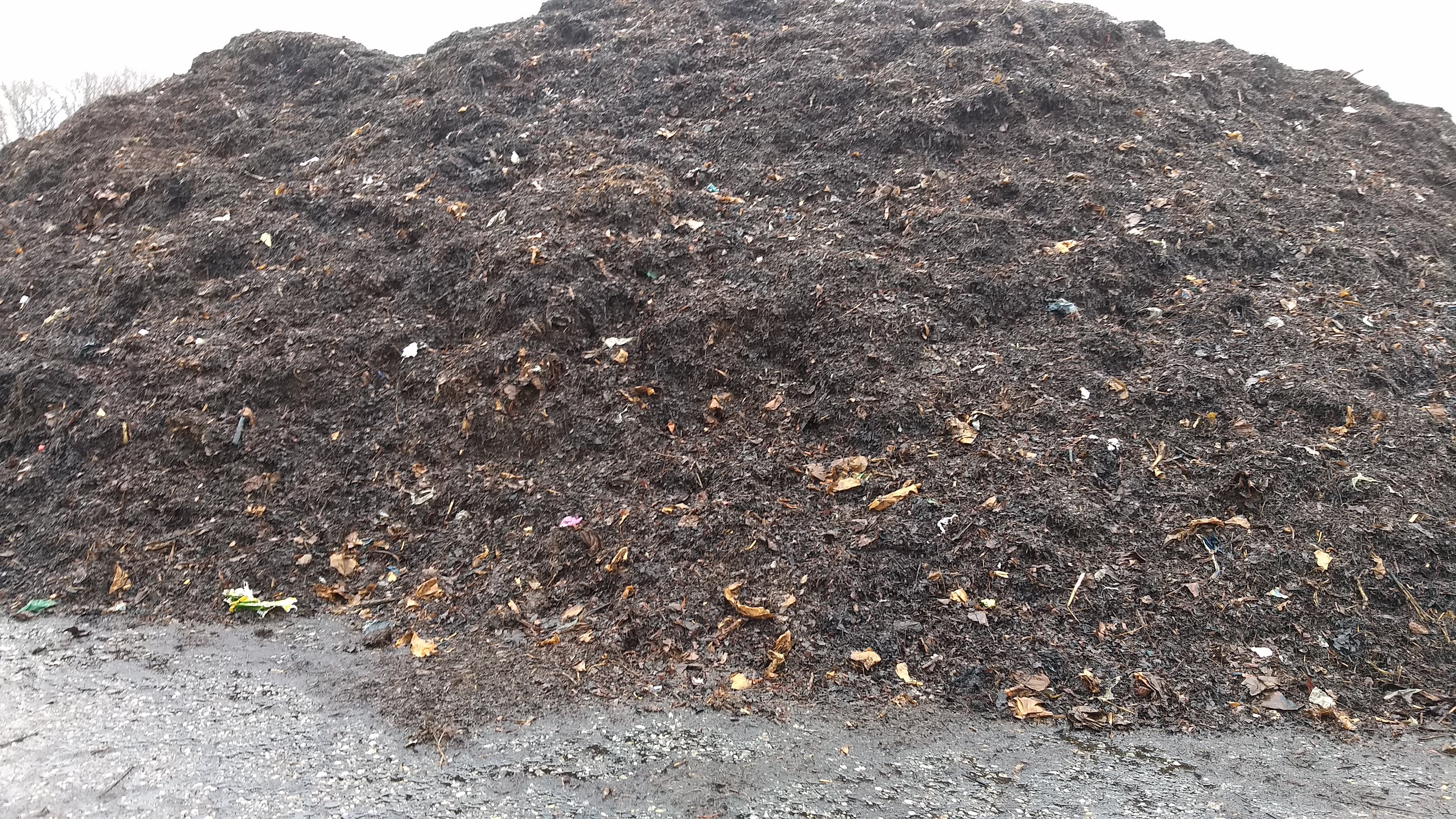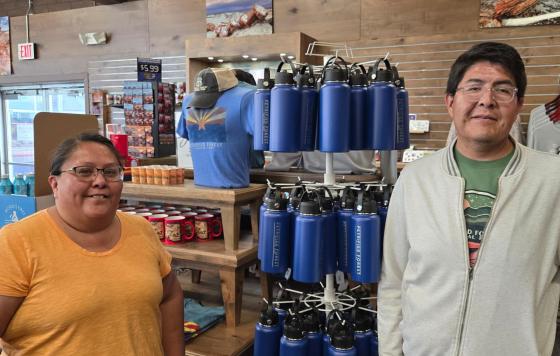
Small, local composting operations are a big part of the Zero Waste solution! That's why we're so excited to support SB229/HB184, to promote the development of on-farm compost facilities. In collaboration with the Institute for Local Self-Reliance and Shore Rivers, we're also supporting amendments to make sure that these compost operations don't have unintended environmental consequences. Check out our testimony below!
SB229/HB184: Environment – On–Farm Composting Facilities – Permit Exemption
Senate Education, Health, and Environmental Affairs Committee / House Environment and Transportation Committee
January 25, 2022 / February 2, 2022
Positon: Favorable with Amendments
Dear Chair and Members of the Committee,
Clean Water Action supports SB229 to expand the footprint of on-farm compost facilities, but we have amendments to provide guardrails and head off poorly managed operations.
A critical piece missing in Maryland’s effort to divert food waste from landfills and incinerators is the capacity to compost food scraps. Meanwhile, Maryland farms use compost in their operations, and the ability to have a routine source of compost while earning income for accepting food scraps is a positive. Many farms across the state are using the current small compost permit exemption to take food scraps from nearby producers and incorporate it into their compost, creating better mixes of compost. The ability to add food scraps to on-farm generated materials allows farmers and composters to create a higher quality product.
High quality compost needs a mix of materials, the “green” and the “brown.” Greens are moist things like coffee grounds, vegetable scraps, and animal manure, while browns are dry materials like leaves, corn stalks, and paper. Greens tend to be rich in nitrogen and protein and help heat up the pile, while browns are carbon rich and provide the bulk in the pile to allow air to filter through. A proper balance of these materials helps produce high quality compost, but relying on on-farm generation of materials does not often produce the right mix.
This is why it’s so important to allow farms to bring in materials from off-farm sources. We have also heard that the limit of 5,000 square feet for these operations is too limiting, especially since it is not tied to the size of the piles but to the full footprint of the operation. We support this initiative to expand the footprint.
However, we have some concerns about scaling up a permit exemption without clear guardrails to protect surrounding water quality. Poorly managed waste piles can run off into nearby streams or rivers and can be rich in nutrients or bacteria, depending on what is in those waste piles. At 40,000 square feet, the permit exemption could create almost an acre of problematic practices and piles.
A major source of this concern is that people are paid to take the waste on the front end, creating an incentive to bring in more waste than the site can handle. If the property does not have the capacity or technical know-how to effectively manage compost piles and process that waste, then we may create a situation where piles of waste stack up and languish, posing a water quality concern. Unfortunately, even at the 5,000 square feet permit exemption cases like this have occurred, and expanding the exemption to 40,000 square feet increases these concerns.
To alleviate these concerns, we support amendments to put reasonable guardrails on the program:
-
Require reporting of quantity and source of off-farm waste accepted
-
This is necessary so if piles of unmanaged waste build up on a property there is a system in place to know when that waste arrived
-
-
Require that off-farm materials brought onto the farm are incorporated into compost piles within 24 hours
-
Waste management is critical for preventing polluted runoff into nearby streams and rivers, and farms accepting off-farm materials should have a plan for those materials before accepting them
-
-
Farms with compost operations over 5,000 square feet should have both a conservation plan and a waste management plan
-
If the finished compost is being spread on fields, the Nutrient Management Plans for those fields should be on record at the Maryland Department of the Environment
Composting on farms has been a haven supporting new and growing compost companies within the state of Maryland. Expanding the ability of farmers to compost on their land and create an important soil supplement is a great opportunity to address the issues of food waste, soil health, and carbon sequestration. However, it is important that as we significantly expand the footprint allowed for these operations under a permit exemption that the state set up reasonable guardrails to make sure that the operations are well run and do not pose a threat to water quality.
Thank you,
Emily Ranson
Clean Water Action


